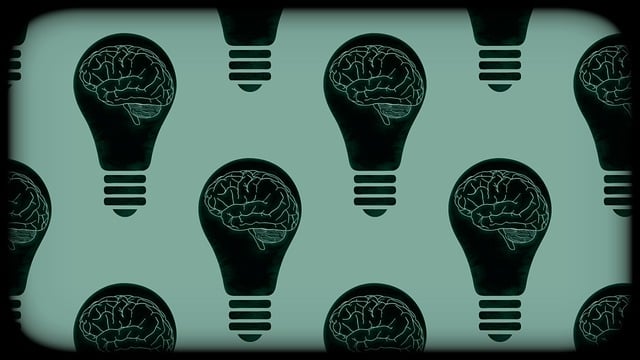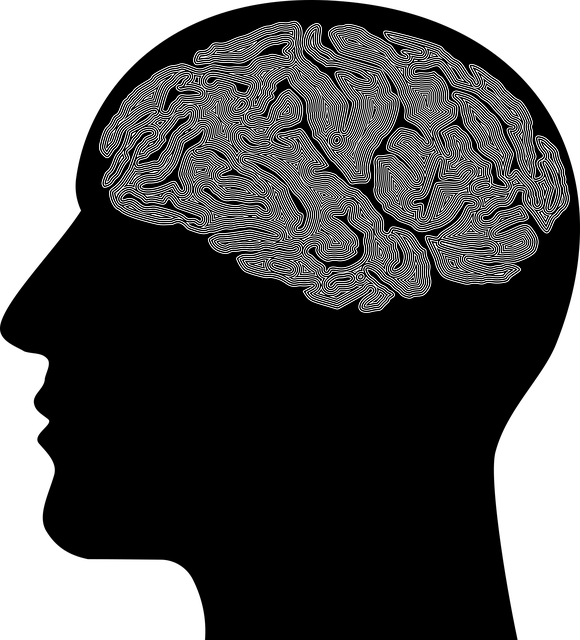For young adults grappling with loss, grief, and codependency, tailored therapy offers a lifeline. Professional counseling provides safe spaces to process complex emotions, learn mindfulness meditation, and develop emotional regulation skills. By addressing codependent patterns, setting boundaries, and cultivating self-esteem, therapy empowers individuals to navigate their grief, build healthier relationships, and foster resilience. Tailored sessions cater to young adults' unique needs, integrating compassion cultivation for enhanced emotional intelligence and effective coping mechanisms. This holistic approach, including advocacy for mental health resources, ensures long-term healing and improved mental wellness for those struggling with codependency after loss.
Loss, grief, and bereavement are inevitable parts of life, but their impact can be profound, especially for young adults navigating these uncharted waters. This article explores the unique challenges they face, offering insights into understanding and coping with loss. We delve into the role of counseling in processing emotions, uncovering codependency’s effects on the grieving process, and presenting effective therapy approaches tailored to young adults. By exploring strategies for building resilience, we empower individuals to heal and find strength beyond their losses. Discover how therapy can be a transformative tool for navigating these complex emotions, with a focus on addressing codependency among young adults.
- Understanding Loss, Grief, and Bereavement: A Young Adult's Perspective
- The Role of Counseling in Processing Emotions
- Uncovering Codependency: How It Affects the Grieving Process
- Effective Therapy Approaches for Young Adults Struggling with Loss
- Building Resilience and Healing: Strategies for Long-Term Coping
Understanding Loss, Grief, and Bereavement: A Young Adult's Perspective

Understanding loss, grief, and bereavement is a crucial step for young adults navigating life’s challenges. This period often involves intense emotions, including deep sadness, anger, guilt, or confusion. It can be especially complex for those who struggle with codependency, where their emotional needs are heavily reliant on external sources. In such cases, therapy for young adults becomes invaluable, offering safe spaces to process these feelings without judgment.
Effective communication strategies within therapy sessions empower individuals to express themselves honestly. Mindfulness meditation techniques can also be introduced as tools for anxiety relief and emotional regulation. By learning to stay present and observe their thoughts and emotions without attachment, young adults can develop resilience, fostering a healthier relationship with their grief and ultimately, themselves.
The Role of Counseling in Processing Emotions

Counseling plays a pivotal role in helping individuals process and cope with complex emotions associated with loss, grief, and bereavement. For young adults navigating these challenging experiences, therapy can be a game-changer. Many young people struggle with codependency issues, making it hard to distinguish their feelings from those of others, especially when dealing with profound loss. Professional counseling offers a safe space for them to explore these emotions without judgment.
Through effective therapy sessions, clients can learn valuable stress reduction methods and empathy building strategies. Mental wellness coaching programs often incorporate techniques to enhance self-awareness, improve communication skills, and foster healthier relationships. By addressing underlying emotional challenges, counseling enables individuals to develop resilience, process their grief in a healthy way, and eventually find peace and meaning in their lives after bereavement.
Uncovering Codependency: How It Affects the Grieving Process

In the complex landscape of loss, grief, and bereavement, understanding codependency is crucial for navigating the grieving process effectively. Many young adults struggling with the death of a loved one may find themselves caught in a web of unhealthy relationships and emotional dependencies formed throughout their lives. This dynamic often complicates their ability to process grief, as they might unconsciously avoid confronting their emotions or seeking support due to fear of vulnerability or past experiences.
Therapy for young adults grappling with codependency can offer valuable tools for emotional well-being promotion techniques. By uncovering and addressing these patterns, individuals can begin to apply mind over matter principles to foster self-esteem improvement. Through professional guidance, they learn to distinguish healthy relationships from codependent ones, setting boundaries, and developing a stronger sense of self—all essential steps in their journey towards healing and growth after loss.
Effective Therapy Approaches for Young Adults Struggling with Loss

Young adults struggling with loss often face unique challenges due to their developmental stage and transitional life circumstances. Effective therapy approaches for this demographic must therefore cater to their specific needs, fostering resilience while navigating codependency issues. Mental wellness coaching programs that incorporate compassion cultivation practices have shown promise in enhancing emotional intelligence and promoting healthy coping mechanisms.
By integrating these strategies, therapists can create a safe space where young adults can process their grief, explore underlying beliefs contributing to codependency, and develop self-care routines tailored to their unique experiences. This holistic approach not only addresses the symptoms of loss but also supports long-term mental wellness, empowering individuals to heal and thrive.
Building Resilience and Healing: Strategies for Long-Term Coping

Healing from loss is a journey, often fraught with challenges, but it’s also an opportunity for growth and resilience. For young adults navigating grief and bereavement, therapy plays a pivotal role in building emotional strength and developing effective coping strategies. Through tailored counseling sessions, individuals can explore their feelings, process complex emotions, and gain valuable tools to manage their mental health.
One effective approach is addressing codependency issues, which can arise as a way to cope with loss. Therapy encourages self-discovery, teaching individuals healthy conflict resolution techniques and mood management skills. By learning to set boundaries and prioritize self-care, young adults can foster a sense of independence and emotional resilience. Additionally, mental health policy analysis and advocacy are essential aspects that can provide a broader understanding of support systems available, ensuring individuals have access to the resources they need for long-term healing.
Loss, grief, and bereavement counseling play a pivotal role in helping young adults navigate their emotional journeys. By understanding these complex emotions and addressing codependency issues, therapy can empower individuals to build resilience and heal over time. Effective approaches tailored for young adults offer valuable tools to process loss and foster personal growth, ensuring they find solace and move forward with strength. This specialized support is crucial in helping them overcome challenges associated with codependency and embrace a brighter future.














